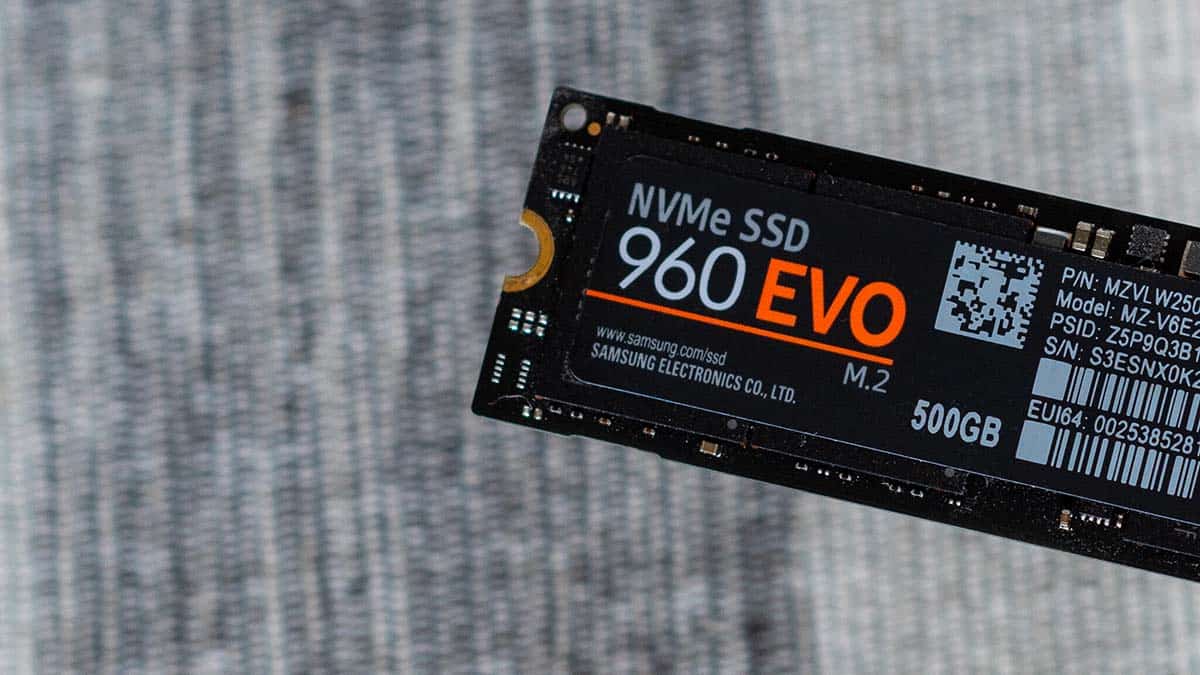Owing to close ties to data management, digital interactive entertainment has always implied some level of delay.
Most commonly taking the form of loading, the relationship that this ecosystem has had with waiting has not always been a linear one, with different generations going back and forward, changing how much players are delayed. Yet, for the first time in decades, the landscape has been making significant strides towards readopting an instant access standard.
Marked by some of the biggest names in the biggest industries, interactive entertainment could be poised for one of its most welcome changes yet.
What is Instant Access?
When we say instant access, the idea is that we’re referring to experiences that take less than five seconds to load. On an industry-wide scale, some of the biggest examples of this concept in action come from online casinos. Here, games like the ‘Rainbow Riches‘ slot are built with small data costs that are easily met over even the slower modern mobile and cabled internet connections. Whether loading the game up for the first time, playing bonus games, cashing out, or anything else, the small size and low processing cost of this game and industry have effectively standardised the instant ideal.
In video games, the story is not quite so simple. Some of the best examples of new instant capabilities come from the best programmed new console generation games. Moving away from mechanical drives and towards solid-state storage, the new consoles boast loading speeds dozens of times faster than the last generation, if the game developers know how to utilise it. Perhaps the best example of this so far could be found in Insomniac’s ‘Ratchet and Clank: Rift Apart’. Loading times in this game are nearly instant, a far cry from the upwards of a minute that PS4, PS3, and PS2 games could experience in the previous generations.
Keeping Pace with Bandwidth
Ultimately, there are two main factors that interactive systems need to account for when looking at loading times. The first is the speed of the hard drive, in terms of how fast it can deliver data to necessary components like the CPU and GPU. The second is the processing speed, or how quickly the calculating components can keep up with the data being supplied.
In the case of new solid-state storage solutions, the vastly increased speed of systems like M.2 can allow transfers more than 20 times faster than older HDD solutions, which operate with reads around 150 megabytes per second. This effect is even more pronounced when looking at optical media drives, where the fastest Blu-ray systems can transfer 72 megabytes per second in ideal circumstances. For reference, the drives in Sony’s PS5 can operate at up to 5.5 gigabytes per second.
Processing speed, on the other hand, relates to how well components can keep up to the data stream coming from the storage. Updates to faster components in digital systems in recent years have upped the ante in this realm substantially, but evolutions to data delivery have aided here in more than just raw speed. Again using the PS5 as an example, new methods allow data to head straight from storage to the GPU, sidestepping the delay of first having to go through the CPU, allowing much faster calculations overall.
Balancing the Bottlenecks
If data transfer is too slow, then processing is going to operate below capacity, acting as a bottleneck. On the other hand, if the processing is too slow then data transfers are going to have to wait around, creating another sort of bottleneck. In this way, the new systems like the consoles and online casino games haven’t just improved speeds, they’ve also improved data coordination. With this design philosophy in mind, we could easily see a future where this balance becomes a core component of future software development. The only real question is how many developers could overstep this concept, and how the market might respond. In any case, for less time wasted waiting around, the future of digital interactive entertainment is something to look forward to.


